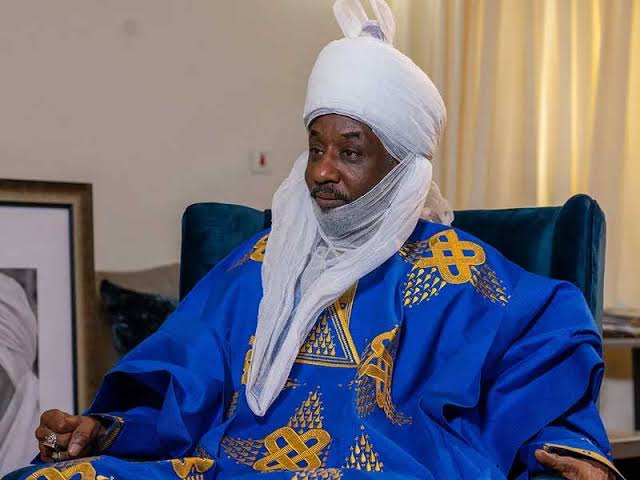- Safiu Kehinde
The Court of Appeal has nullified the decisions of a Federal High Court in Kano, which voided the appointment of the Emir of Kano Muhammadu Lamido Sanusi II.
This was contained in a judgement read by Justice Gabriel Omoniyi Kolawole.
As against the Federal High Court ruling, the court reaffirmed Sanusi’s appointment as the Emir of Kano.
Citing Section 251 of the constitution, the court held that the claim of the 1st Respondent Aminu Baba-Dan’Agundi is principally on chieftaincy matter, which it said the Federal High Court had no business to interfere into the matter that relates to Kano State Emirate Council Law.
On the reliefs sought by Mr Baba-Dan’Agundi challenging the power of the legislature to make law, the appellate court said the issue cannot be raised in a fundamental right enforcement procedure.
The court maintained that the case at hand is similar to the Supreme Court case in Tukur v Gov of Gongola state.
That the trial court was wrong to have distinguished this case from Tukur’s case.
In its verdict, the Appeal Court said the order for maintenance of status quo was made without jurisdiction as it agreed with the appellants that the case of the Mr Babba-Dan’Agundi was not predicated under fundamental right action as contained in the Fundamental Rights Enforcement Procedure, FREP rule.
“That the trial court was wrong to have held that the case Tukur’s case is not similar with the the 1st Respondent case.
“Appeal is hereby allowed,” the court ruled.
In the wake of the ruling, former Kaduna state governor, Nasir El-Rufai, congratulated Sanusi.
While stressing that the Federal High Court has no jurisdiction over the case at the first place, El-Rufai called for disciplinary action against the judge who nullified Sanusi’s appointment at the High Court.
“Congratulations to my dear friend and brother, His Highness, Emir Muhammad Sanusi II for this judgment.
“The federal high court has no business dabbling into chieftaincy matters outside of the FCT, and the erring judge ought to be disciplined by the NJC for the intentionally erroneous and disgraceful judgment.” El-Rufai wrote.


